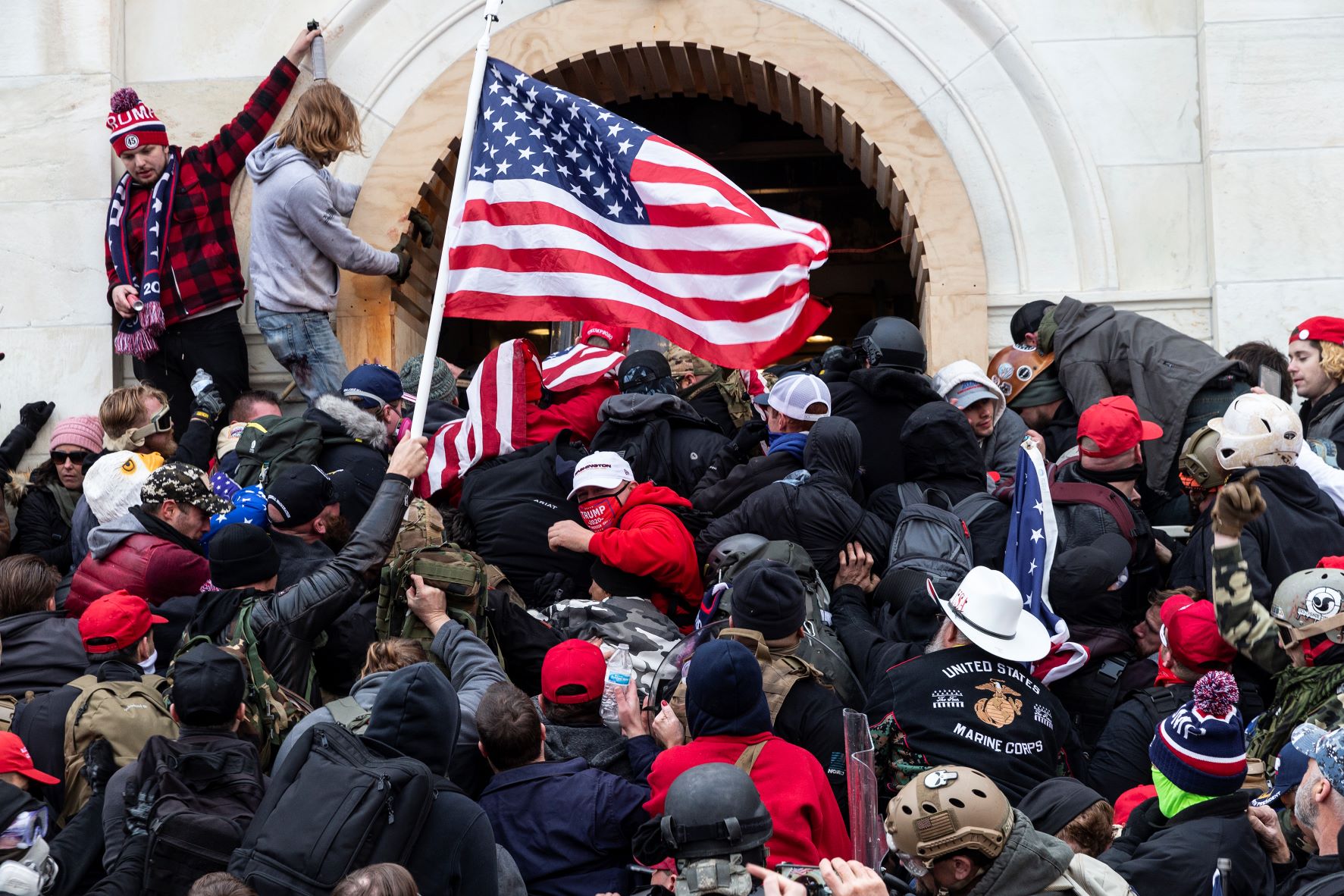Newsletter January 6, 2022
How Much Should We Worry about Political Violence?

Last year, Tom Gjelten of NPR asked me what I made of the fact that our poll showed nearly four in ten Republicans appeared to endorse the use of force in politics. I said it was “pretty scary”. A year later, I still feel that way. That 29 percent of Americans, and 39 percent of Republicans, appear ready to justify the use of violent actions is deeply troubling. More recent polling is no less worrisome.
A slate of polls released over the past month paints a disturbing picture of the public confidence in American elections and democracy.
Continue reading on American Storylines








